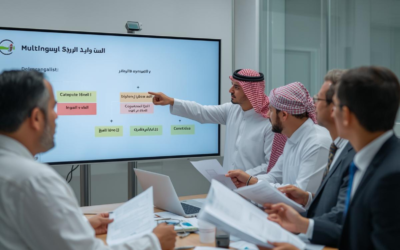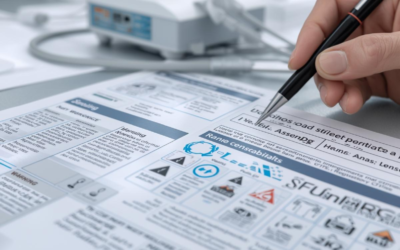The growth of emerging pharmaceutical markets has led to an increased demand for specialized translation. Proper adaptation of medical documents, package inserts, and regulations is crucial to ensure patient safety and regulatory compliance. Pharmaceutical translation plays a vital role in this process, enabling the global expansion of the industry.
Key Trends in Pharmaceutical Translation
- Use of Artificial Intelligence (AI) and Machine Learning
AI has revolutionized pharmaceutical translation. While it speeds up processes, human review is still necessary to ensure accuracy. - Increased Regulation and Compliance Requirements
Each country enforces strict requirements for medical documentation. Pharmaceutical translations must meet specific regulations to avoid penalties. - Localized Translations for Diverse Markets
Translation goes beyond language; it includes adapting content to the culture and context of the target country. - Growing Demand for Medical Interpreters
Real-time interpretation facilitates communication between healthcare professionals and patients in multicultural settings. - Translation of Clinical Trials and Medical Documentation
Accuracy is essential to prevent errors that could compromise research and patient safety. - Specialization in Medical and Pharmaceutical Terminology
Translators must be trained in industry-specific terminology to ensure consistency and precision. - Implementation of Computer-Assisted Translation Tools (CAT tools)
CAT tools optimize workflow and improve the quality of translated texts. - Translation of Educational Materials for Healthcare Professionals
International training requires clear, accurate content for specialists across different countries. - Rise in Demand for Multilingual Services
The globalization of the pharmaceutical industry demands multilingual support to ensure broad access to information. - Quality Assurance and International Certifications
Companies must comply with quality standards like ISO 17100 to ensure the reliability of their translations.
Conclusion
Pharmaceutical translation is a key factor in the global expansion of the industry. Current trends highlight the importance of technology, regulation, and specialization in this field. Embracing these innovations ensures effective and safe communication in emerging markets.





